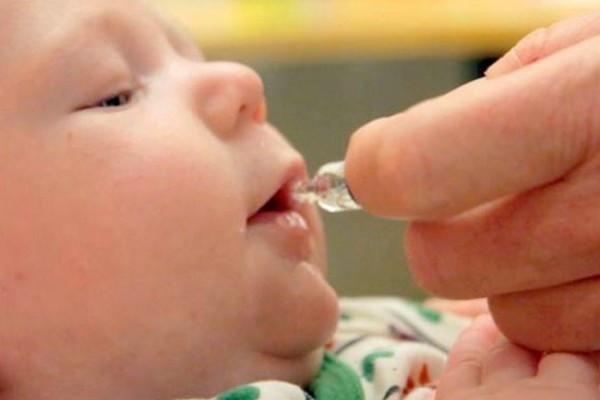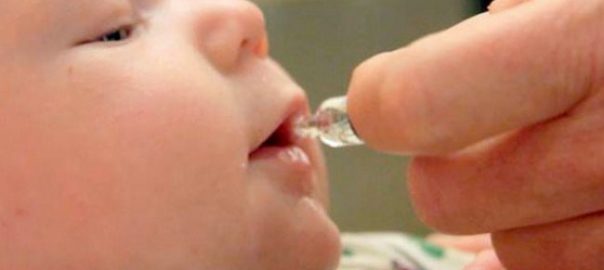
Rotavirus is the most common cause of severe diarrhoea among infants and children throughout the world and causes the death of about 500,000 children worldwide annually.

Symptoms of rotavirus
The most common symptom of rotavirus is severe diarrhoea. Children can also experience:
- vomiting
- black or tarry stools
- stools with blood or pus in them
- severe fatigue
- a high fever
- irritability
- dehydration
- abdominal pain
DEHYDRATION is the greatest concern in children.
You’ll need to monitor your child carefully for symptoms of dehydration, such as:
- dry mouth
- cool skin
- lack of tears when crying
- reduced urination frequency (or fewer wet diapers in infants)
- sunken eyes
How long rotavirus lasts?
The infection itself can last for 10 days in your stool after your symptoms go away.
Rotavirus transmission.
Rotavirus is transmitted between hand and mouth contact. If you touch a person or object carrying the virus and then touch your mouth, you could develop the infection.
Rotavirus treatment.
In terms of treatment, then, the goal is to stay hydrated and comfortable while the virus works its way out of your system. Here are a few tips for what to do in the meantime:
- Drink plenty of fluids.
- Eat broth-based soups.
- Take Pedialyte or other fluids with electrolytes (especially important for children).
- Eat a diet of bland foods, such as white toast and saltines.
- Avoid sugary or fatty foods as these can make diarrhoea worse.
Rotavirus and the Vaccine (Drops) to Prevent It.
Why should my child get the rotavirus vaccine?
The rotavirus vaccine:
- Protects your child from rotavirus, a potentially serious disease.
- Prevents your child from developing diarrhoea, vomiting, and stomach pain caused by rotavirus.
- Keeps your child from missing school or child care (and keeps you from missing work to care for your sick child).
Is rotavirus vaccine safe?
Both rotavirus vaccines (RotaTeq and Rotarix) are very safe and effective at preventing rotavirus disease.
Contact your nearest health care facility for more details.



